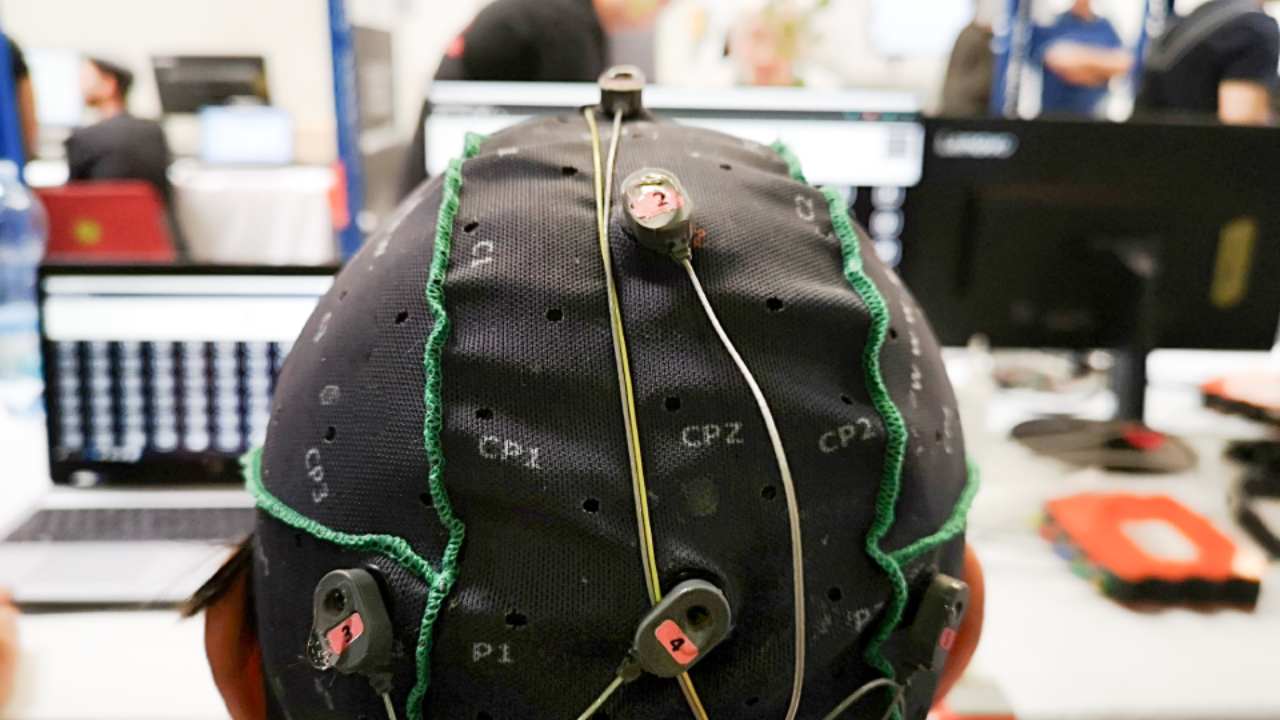
Craik-Fergus-2017background
It was a simple phone call that led one of the most influential cognitive psychologists in the field, Dr. Fergus Craik, to help pioneer Baycrest’s Rotman Research Institute (RRI) three decades ago.
Prior to the RRI, Dr. Craik was Chair of the Department of Psychology at the University of Toronto. One day, he received a call from noted Canadian businessman and philanthropist Joseph Rotman to discuss setting up a research institute at Baycrest.
“Based on the organization’s mission and history, Mr. Rotman and the Baycrest board decided that it made sense to focus on cognitive research on aging and related areas,” recalls RRI Senior Scientist, Dr. Craik, who was closely involved in the planning of the institute.
The establishment of the RRI integrated research with patient care. Dr. Craik became one of the first scientists appointed to the RRI, where he continued his work into exploring memory changes in the aging brain that he began with the Medical Research Council in the United Kingdom. Dr. Craik’s work has greatly impacted our understanding of how memories are created and how they change with age.
He discovered that older adults have difficulty remembering information without hints or reminders, but once these are provided, such as in their living environment, their ability to remember is greatly enhanced. This theory can be seen in practice where individuals with Alzheimer’s disease or dementia are encouraged to bring familiar items with them when moving into long-term care homes to help ease the transition.
Since its inception, the RRI has continued its mission to “promote effective care and improved quality of life of the elderly through research into behavioural changes which occur during changing.”
“Based on the organization’s mission and history, Mr. Rotman and the Baycrest board decided that it made sense to focus on cognitive research on aging and related areas”
One such example is Baycrest’s landmark study investigating bilingualism’s “protective effect” in delaying the onset of Alzheimer’s symptoms. Dr. Craik, in collaboration with Dr. Morris Freedman, RRI senior clinician investigator and Baycrest’s Head, Division of Neurology, and Dr. Ellen Bialystok, RRI associate scientist and psychology professor at York University, continues to investigate the impact of language acquisition on aging brain health and Alzheimer’s progression.
“Bilingualism appears to be a contributor to what we know as cognitive reserve, compensatory skills possessed by some people’s brains, which protects memory and cognition from the effects of aging and neurodegenerative disorders, such as Alzheimer’s disease,” says Dr. Craik. “Cognitive reserve typically refers to activities that involve greater intellectual and social involvement, such as higher education or more challenging occupations, and appears to delay the onset of Alzheimer’s symptoms for quite some time.”
By having a better understanding of these brain changes and how cognitive reserve works, this could lead to new non-drug therapies that could help prevent or delay the development of dementia among individuals, adds Dr. Craik.
Related Articles: Research









